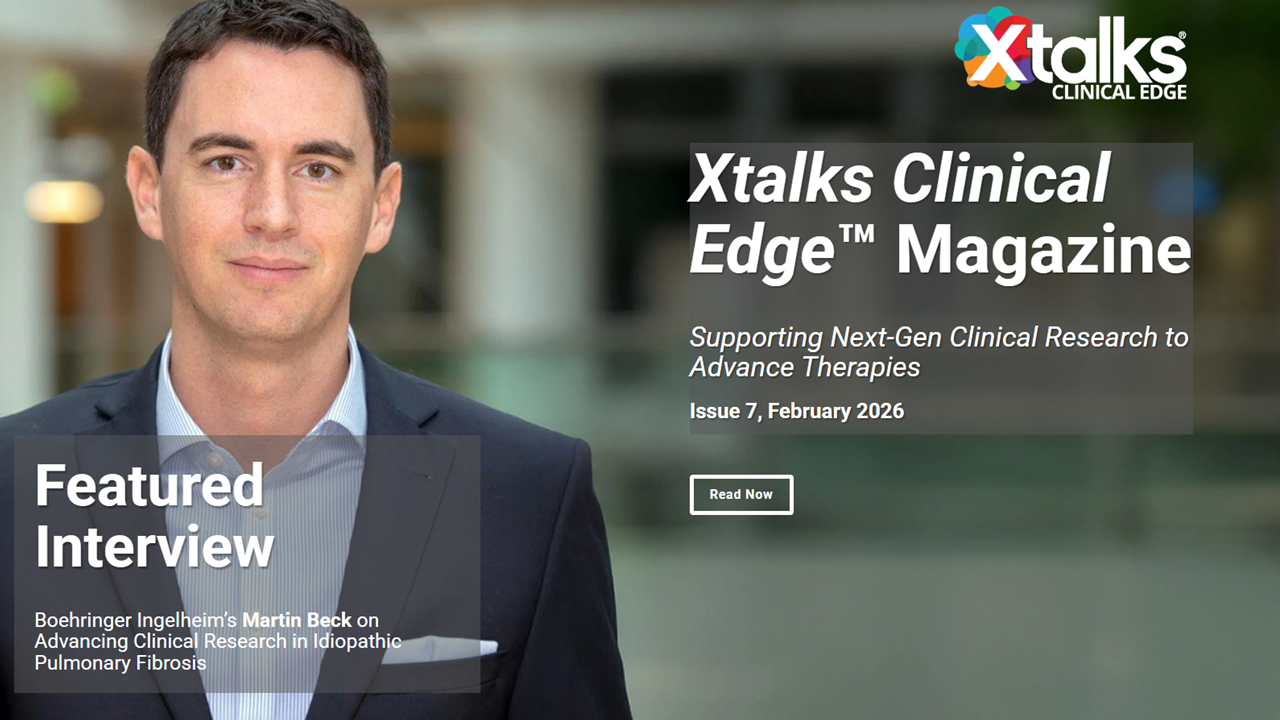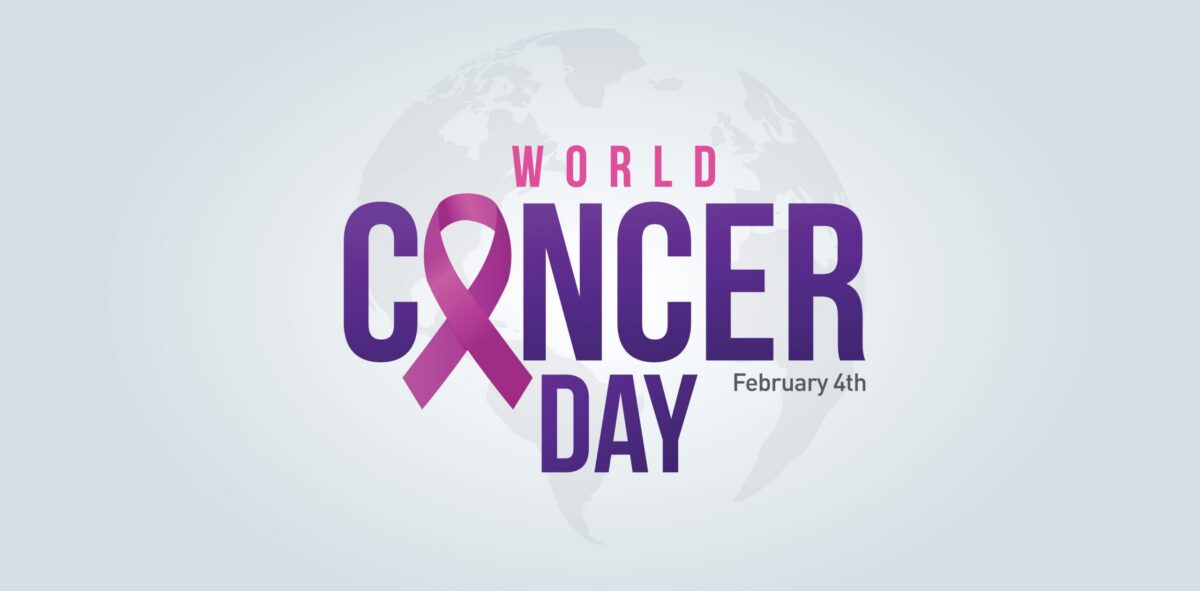The ONC Cures Act regulations enable patients and healthcare payers and providers to share data at a digital level and is creating the secure healthcare Internet. This API based sharing greatly improves patient access and visibility to their healthcare records. The move to a patient-centric environment delivers many essential benefits to patients. Patients now have the ability to access and manage their electronic medical records with their choice of preferred applications & systems (smartphone, laptop, etc.). They can use these applications to manage their data and authorize the sharing of their data with providers.
However, enabling full data access to all patient records – claims as well as clinical data – can present daunting data challenges to both payers and providers that need to meet the July, 2021 deadline.
New Requirements
The new regulations from CMS and ONC enable patients to have access to their full electronic health records (EHR), regardless of the number of providers or healthcare systems / EHRs where the records reside. Key requirements include:
- The ability for patients to access their data via the FHIR (Fast Healthcare Interoperability Resources) API, the standard for exchanging electronic health records. Developers must be able to access via the FIHR API as well
- Access to a provider directory, a public listing of in-network pharmacies and doctors in a health plan
- Support for Payer-to-Payer data exchange to enable patient transitions of care or insurance provider mobility
Data Management Considerations
What makes the ONC Cures a data management challenge is the vast amounts of data companies must access and manage to implement it. In most cases, critical data resides in multiple systems, in different formats, with millions or billions of records in total. Healthcare payers and providers need to evaluate how prepared they are to conform to the regulation and make decisions on how they are going to address the challenges they may face. Some issues to consider:
- Capability: Is the existing infrastructure capacity able to bring in the millions/billions of records required, store the data and share it in real-time? Is the data FHIR-ready or can be ready by the deadline?
- Flexibility/Agility: Can existing systems support the various formats, potential sources and endpoints to process/reprocess the many documents required? Are models flexible, and data adaptable so it can be re-used for business purposes outside of ONC Cures?
- Consumer Expectations: Consumers today expect fast retrieval of their data, anywhere, anytime – the most current data and without any downtime. Will users be satisfied with the customer experience and sub-second access they expect to receive?
- Scale/Elasticity: Can records be loaded quickly and reliably, scale up as needed to handle data, handle unpredictable workloads, and meet the company’s analytics/BI needs?
- Workloads: How many workloads will need to be supported? Can the workloads be independently scaled and can the data be re-used for multiple workloads without having to duplicate the data?
- Security: Compliance is always a concern when dealing with patient records, does the solution address compliance with HIPAA/PHI, PII requirements and associated development, QA and testing?
MarkLogic
Data aggregation and integration at a massive scale, with the ability to load data “as is” rapidly into the repository and curate it to be FHIR ready is critical to the implementing ONC Cures in a timely manner.
The MarkLogic Data Hub platform can help organizations meet these type of data requirements. MarkLogic delivers one unified platform to integrate, curate, and access data and run operational and analytical applications at scale. It works by ingesting data “as is” from any source, indexing it for immediate query and search, and curating it through a process of harmonization, mastering and enrichment, while meeting enterprise requirements for security and transactional consistency. The MarkLogic Data Hub service is a fully managed cloud service (AWS and Azure) which provides the added benefits of fast-deployment, cost effectiveness with the predictability of a subscription and free compute burst to meet spikes, with ACID compliance.
Listen to this webinar, where MarkLogic provides more details on the data management considerations for meeting the ONC Cures mandate, and explain why a data hub platform may be the best option for meeting these requirements.
This article was created in collaboration with the sponsoring company and the Xtalks editorial team.









Join or login to leave a comment
JOIN LOGIN